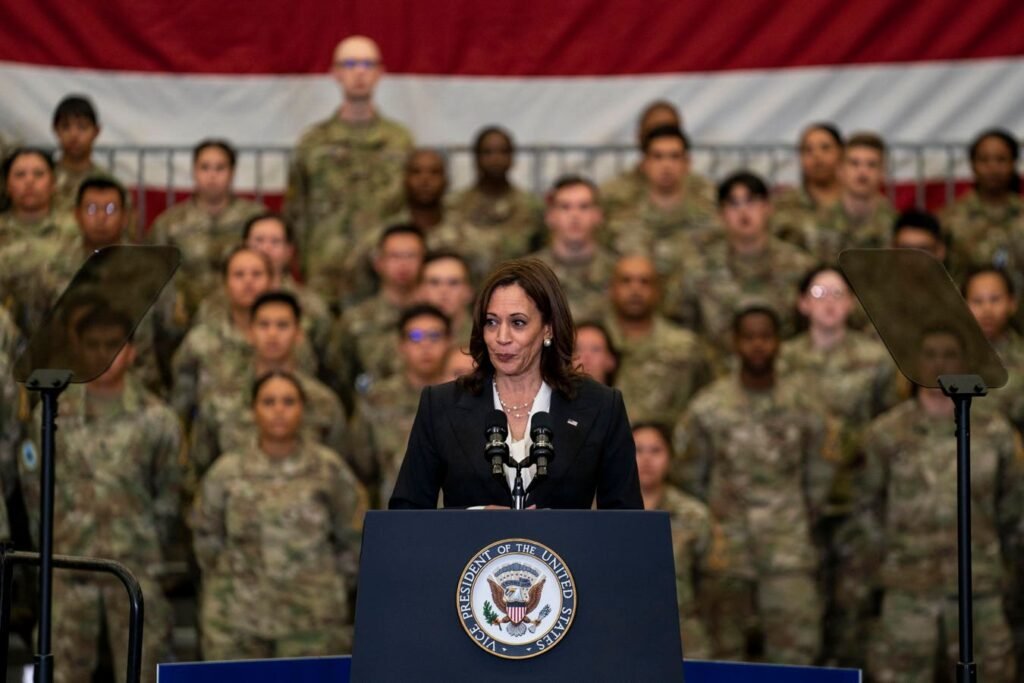Vice President Kamala Harris faces a significant challenge as she heads the U.S. National Space Council, with recent events in space posing a threat to national and global security. Russian President Vladimir Putin’s missile tests in space are seen as a precursor to potential military action against Ukraine, as well as a threat to international space assets. In response, Harris is working to coordinate major space security moves with various government agencies, including the military and NASA, in order to protect U.S. interests in space.
In light of the escalating space missile crisis, Harris unveiled a new Space Policies Framework that aims to engage the international community in upholding a rules-based international order for space. The U.S. government is also taking steps to protect its military forces from space-enabled threats and strengthen collaboration with commercial partners to ensure international security in space. Harris engaged in shuttle diplomacy with French President Emmanuel Macron to build alliances with other democratic space powers, emphasizing the importance of space security experts working together to protect national security goals.
One key initiative put forth by Harris is a voluntary disarmament and arms control initiative, which includes a pledge to forgo any destructive direct-ascent anti-satellite missile testing. This move has garnered support from allies around the world and resulted in a UN General Assembly vote in favor of a universal halt to ASAT missile testing. The U.S. National Space Council is now considering drafting a universal treaty to ban ASAT testing, a move that could shape the future of space exploration and promote a peaceful approach to space security.
In response to the ongoing conflict in Ukraine, Harris has met with Ukrainian President Volodymyr Zelensky multiple times and promised unwavering American support for Ukraine’s efforts to secure peace. The U.S. has signed a new Bilateral Security Agreement with Ukraine, providing enhanced air defense systems to counter Russia’s missile attacks. However, the discovery of a top-secret Russian project to deploy a nuclear-armed spacecraft poses a new, significant threat to international peace. The U.S. may consider shooting down such a spacecraft as an act of anticipatory self-defense if necessary, pending further developments.
Looking ahead, potential future actions to address space security threats could include shooting down a Russian nuclear-tipped satellite, if it poses a direct threat to U.S. interests in space. The 2024 Republican Party Platform does not address Russia’s missile build-up but does call for the creation of an Iron Dome Missile Defense Shield and the further development of partnerships with the commercial space sector. Overall, Vice President Harris’s efforts to promote peace and security in space are crucial in addressing the evolving threats posed by increasingly sophisticated space weapons systems and maintaining international stability.











